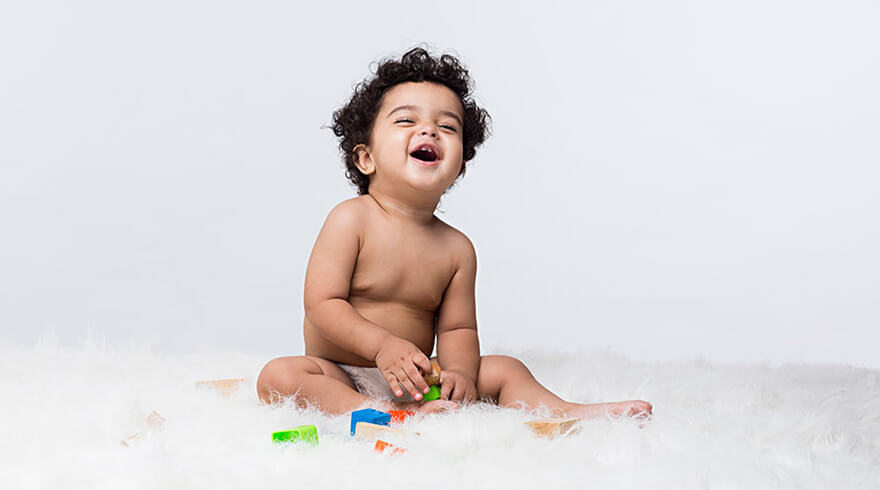
Friendly Bacteria For Developing Immune System In Newborns
The few initial years after birth are crucial for the growth and development of a newborn and play a pivotal role in his physical, emotional, and healthy wellbeing. At the time of birth, a newborn transition from an environment with limited exposure to bacteria in the womb, to an environment with exposure to air and surface-borne bacteria.
Bacteria!!! Sounds scary. But there are some friendly bacteria too.
Interesting facts– Over 400 species of both friendly and harmful bacteria - all microscopic in size, live in the human gut.
The Baby’s gut, with its nutrient-rich and favorable environment, nurtures beneficial bacteria to grow in number. Friendly bacteria present in our gut aids in digestion, absorption, and the production of a significant amount of B vitamins and enzymes. They produce many essential by products in the gut, which act as a barrier to the growth of harmful bacteria thus protecting against ailments and infection.
Gut is the largest immune organ as it contains 70-80% of body’s immune cells. It plays a very important role in supporting and strengthening a baby’s immunity.
Many researchers now believe that levels of friendly bacteria in the gut are influenced by prebiotics. Prebiotics, 3rd largest component of breast milk; act as energy source for the beneficial gut bacteria and help them remain alive in the gut. Increase in number of beneficial bacteria helps in reduction of potentially harmful bacteria in the body.
In short, supplementation of prebiotics, supports long-term gut health and immunity.
A Happy Gut is Happy You!



